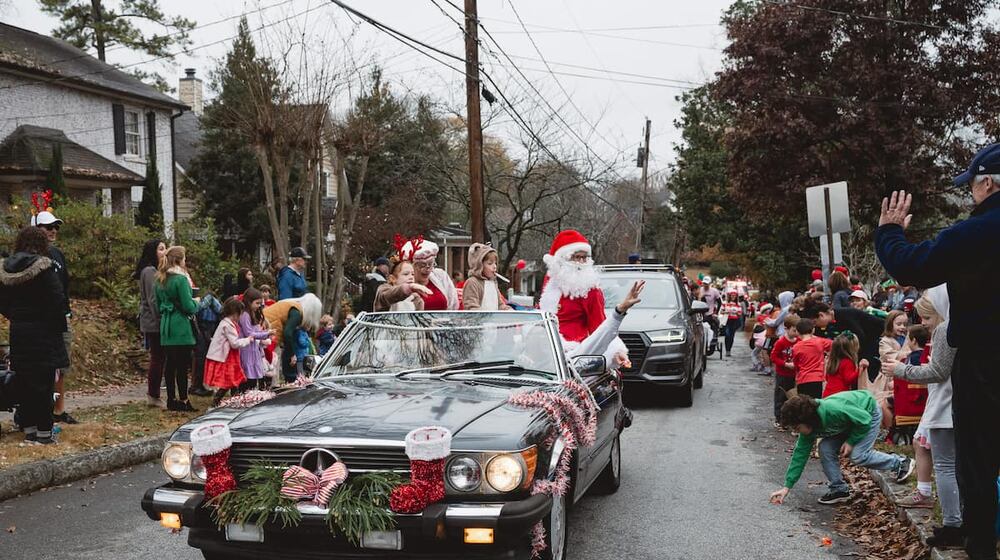Milton Nascimento at the Rialto Theatre, 7 p.m., Sunday, Nov. 23. Tickets: $42 and up, available at the Rialto Center's box office, 404-413-9849 or www.rialto.gsu.edu. Group and Georgia State University student discounts are offered for this show. The Rialto Center for the Arts at Georgia State University, 80 Forsyth Street, NW, Atlanta. Free parking is available in the Equitable Deck on Fairlie Street for all Rialto Series events. Information: 404-413-9800; rialto.gsu.edu/
Milton Nascimento, one of Brazil’s most revered musical treasures, has an instantly recognizable voice, whether he is singing about social injustice or wailing wordlessly, like a horn player set free.
The 72-year-old singer and composer will make a rare appearance in Atlanta Sunday, Nov. 23, when he brings a five-piece ensemble to the Rialto Theatre for one performance only.
It is one of eight stops on Nascimento’s limited American tour, which includes Boston, New York, Washington, D.C., Miami, Los Angeles and San Francisco, and also little Chapel Hill, N.C.
It has been almost 10 years since Nascimento has appeared in the U.S.
Though Nascimento’s music hasn’t reached as many American ears as his fellow Brasileiros the Gilberto family (Joao, Astrud and Bebel), he has a faithful group of U.S. listeners, many of whom were introduced to him by his jazz collaborators, including Herbie Hancock, Wayne Shorter and Pat Metheny.
Nascimento was born in Rio de Janeiro in 1942. His birth mother died soon after, and his adoptive parents moved him to Tres Pontas, in the mineral rich western state of Minas Gerais, where indigenous Indian music and rural folk songs influenced his growing up years.
In the ’70s Nascimento’s lyrics addressed the hardships created by the country’s military dictatorship and his songs were frequently censored. He grew into a writer of jazz songs, pop tunes, Catholic masses, ballet scores and an exemplar of the world music movement. He first broke through to greater recognition in this country when he guested on the 1974 Wayne Shorter album “Native Dancer.”
Nascimento is known for his soulful falsetto, and has said many of the vocalists who first influenced him were women, such as Brazil’s Elis Regina and jazz singer Sarah Vaughan. He paid tribute to those women, and his adoptive mother, in the 2002 album “Pieta.”
Nascimento usually sings in Portuguese, or he uses no words at all, his voice the keening, quavering sound of a jungle bird.
He is uncomfortable with interviews in English, but agreed to an email exchange, with the help of an interpreter. Among the topics he discussed were his many international collaborators, and the relative ability of Brazilian and American dancers.
On whether Brazil produces better dancers than the U.S.:
I believe there are great dancers in Brazil and in the United States as well. Each country has its own culture.
On performing with French, American, Chilean and other international musicians:
I feel very proud to have worked with all those great friends. I may even say this was one of my biggest dreams which I’ve accomplished in this life. I was very lucky.
On his diabetes, diagnosed more than a decade ago:
Nowadays diabetes is a disease that can be easily controlled. So it doesn’t bother me at all.
On recording with Wayne Shorter in “Native Dancer:”
One of the things that makes me really proud is to have been invited by Wayne to participate in this album. I met (Miles Davis’ bassist) Marcus Miller last year in Istanbul and he told me if it weren’t for this album there wouldn’t exist what we now call world music. Only a few times have I met such a genius as Wayne Shorter. He’s no doubt one of the most important persons in my life.
On the mix of African, Indian and European influences in Brazilian and American music:
Surely this may also have contributed. Lots of people says that my music has a lot of what you said. But everything is very natural. (It isn’t thought out.)
On his last trip to Atlanta, more than 20 years ago:
I’ve been to Atlanta with my band some years ago and it was very special. Atlanta is part of my life. I met River Phoenix there, and it was one of the last times we saw each other.





